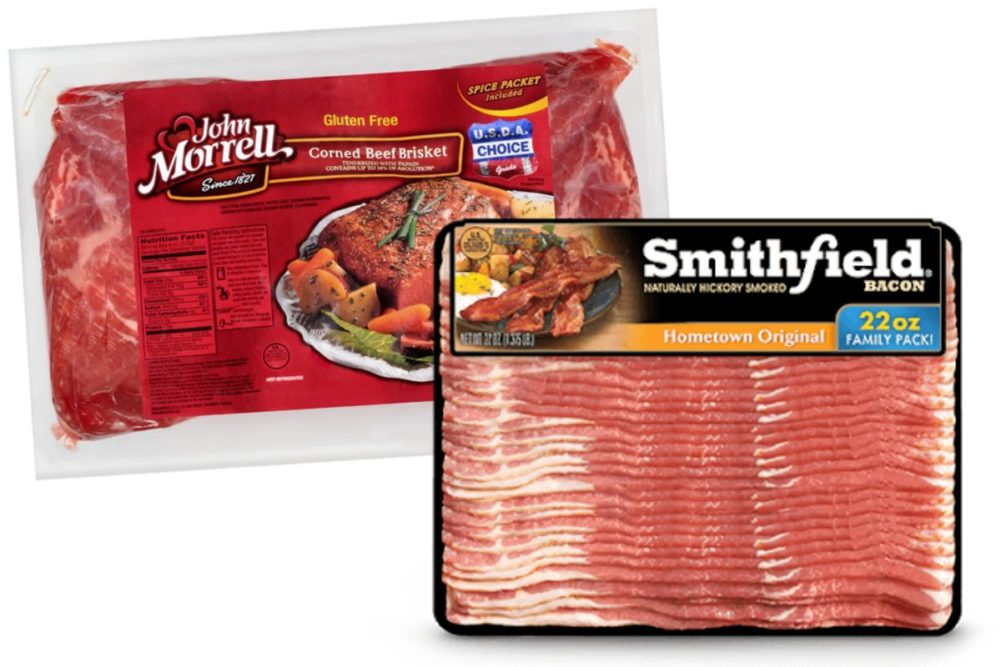SMITHFIELD, VA. – Smithfield Foods Inc. reported in its second-quarter earnings on Aug. 11, a $72 million operating loss which is 140% below last year’s figure.
Before the COVID-19 pandemic, Smithfield said it delivered record results during the first quarter of 2020, which were 190% higher than 2019.
The company showed $102 million in second-quarter operating profit, but it was still well below the 2019 number of $221 million.
Along with the operating losses, the company pointed to the $350 million spent to protect workers and the American food supply chain. This included $195 million in people-related costs, $125 million in facility-related costs and $30 million in community-related costs.
“Going forward, we expect performance to rebound in the fall, as our COVID-19 related costs, some of which were one-time or short-term in nature, are declining,” said Kenneth M. Sullivan, president and chief executive officer of Smithfield. “Throughout the pandemic, we have had two priorities, and two priorities only. First, keep our people healthy and safe. And, second, keep our nation fed. These remain our sole priorities. We thank our Smithfield Family for working tirelessly to keep food on America’s tables.”
Some of the people-related costs for Smithfield included fully compensating 22,000 employees to stay home at various pandemic points, expanding employee benefits and removing all barriers in health plans, adding “responsibility” pay premiums and hiring private healthcare providers to supply free, on-site COVID-19 testing to employees.
Inside facilities costs included adding personal protective equipment (PPE), hand sanitizing stations, installing mass thermal scanning systems and physical barriers along with other protective measures.
Smithfield said it also adopted a “series of stringent and detailed processes, protocols and protective measures that follow, and in many cases exceed the CDC and OSHA guidance for Meat and Poultry Processing Workers and Employers and CDC and DOL guidance for Agriculture Workers and Employers.”
The meat producer explained that it slowed lines during the pandemic, decreased efficiency, incurred downtime and changed production to meet shifting demand and downgraded rendering product.
Finally, under community-related costs, Smithfield donated 40 million servings of protein to food banks nationwide.


